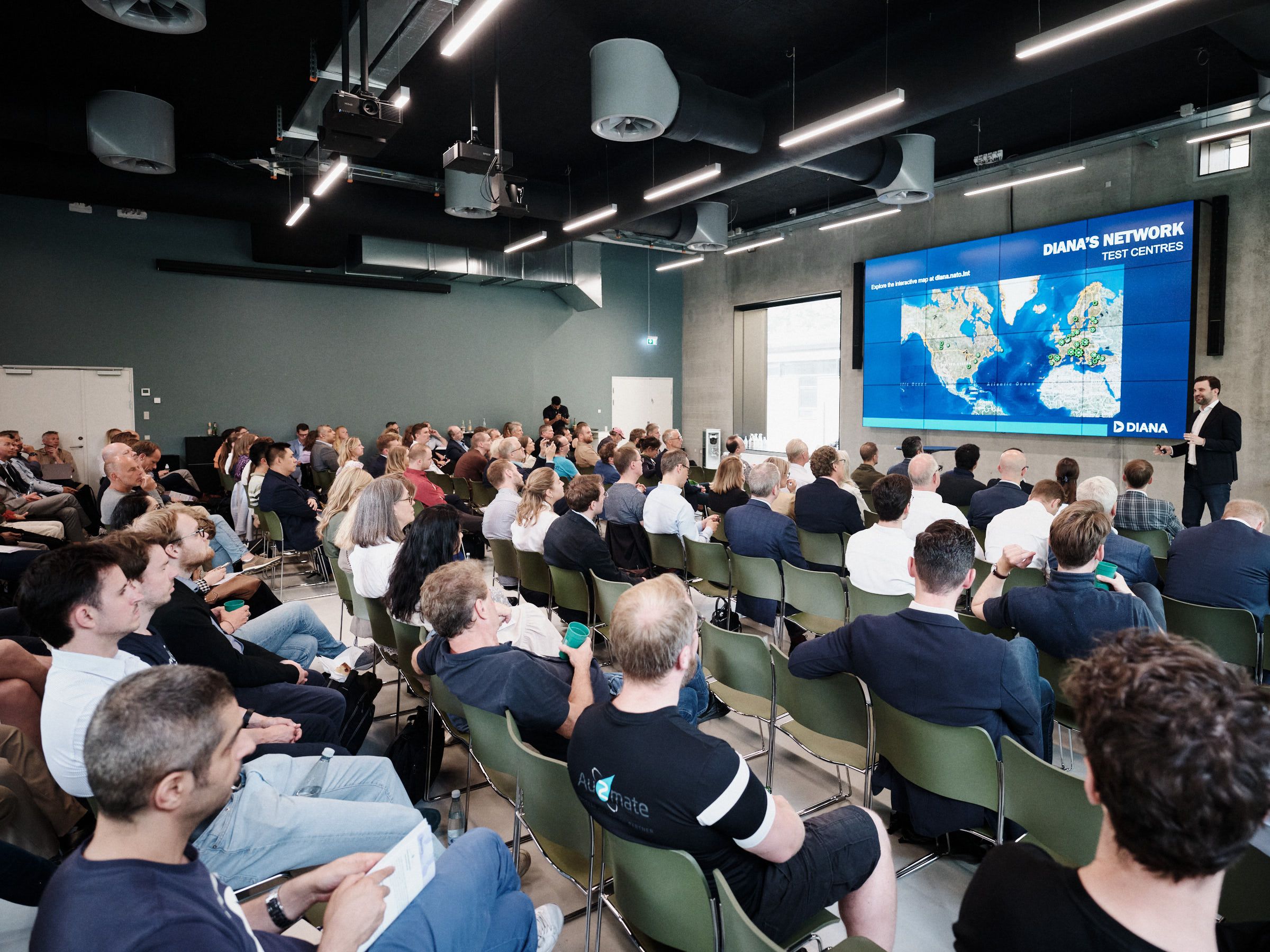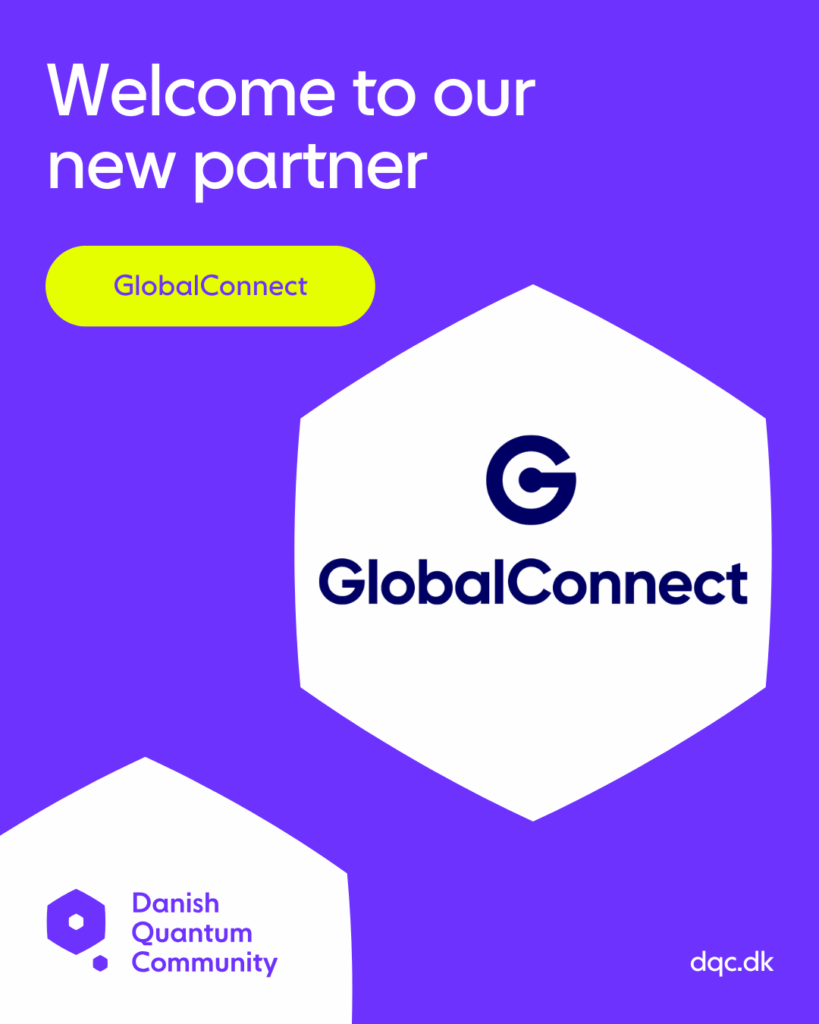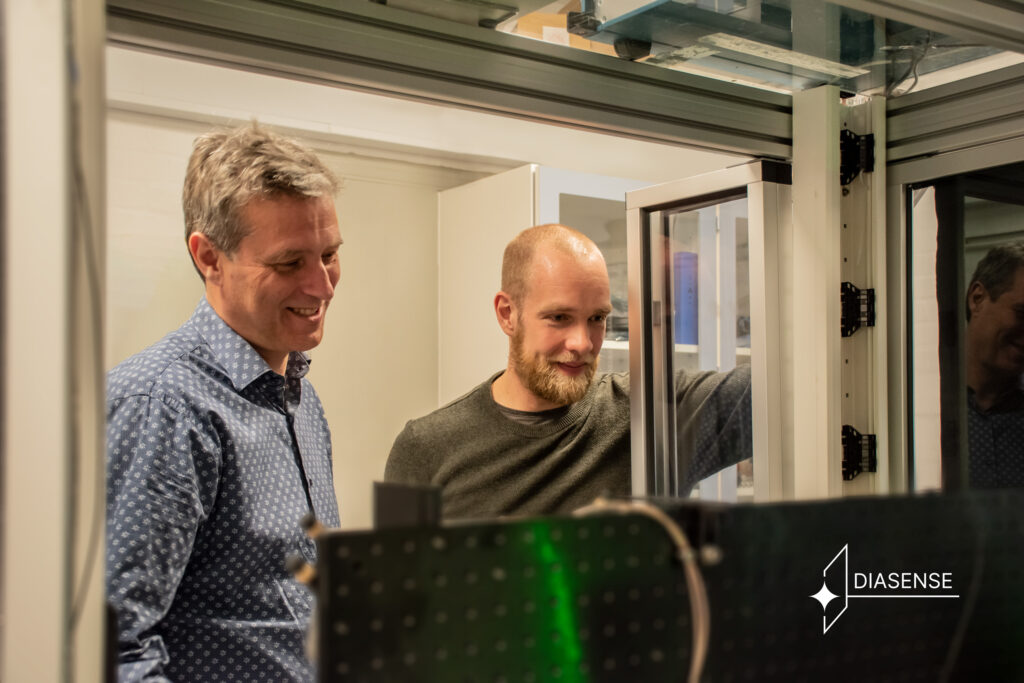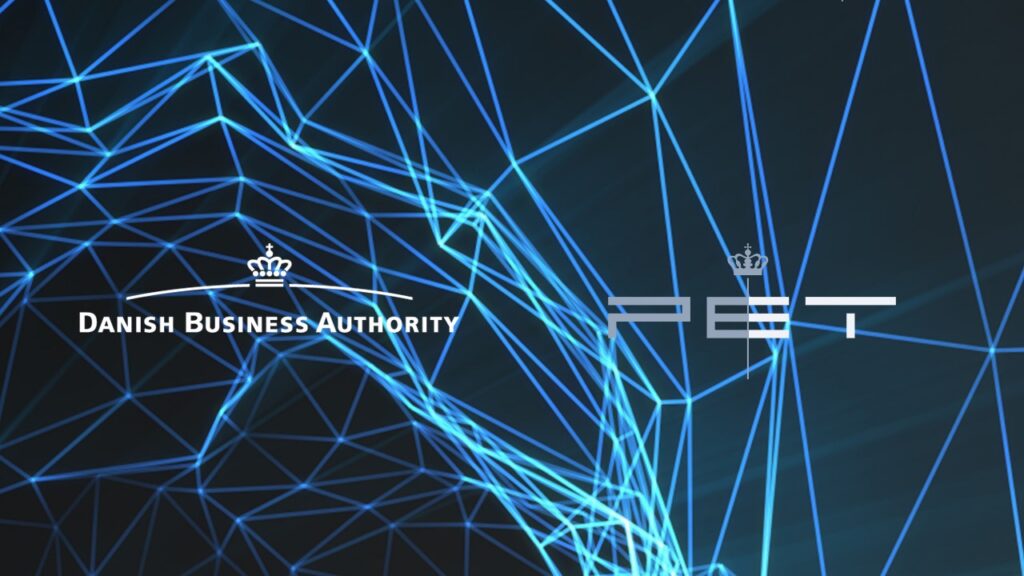NATO DIANA recently announced the 10 startups that will proceed to the next phase of the NATO DIANA accelerator program – and among the 10 selected companies are four from the Danish cohort.
In September 2024, NATO’s Defense Innovation Accelerator for the North Atlantic (DIANA) announced the 10 startups that will advance to the second phase of the NATO DIANA program.
The 10 startups were selected from a field of 44 startups in total who participated in phase I of the program. From the 10 startups, four were part of the first cohort at Denmark’s quantum accelerator at Deep Tech Lab – a great testament to the success of the Danish NATO DIANA site.
All NATO DIANA companies are working to develop deep tech solutions, including quantum technologies, for three key challenges identified by NATO DIANA: sensing and surveillance, energy resilience and secure information sharing.
The four selected companies who were part of the Danish accelerator site are:
- SEQCAI is advancing the field of quantum-secure communication with their PQC and QRNG technology solutions, safeguarding communication systems against the threat of quantum computers.
- Aquark Technologies develops quantum sensors based on cold atom technology to protect navigation systems from GPS jamming.
- Phantom Photonics builds quantum-based photonic sensors for space, underwater and satellite applications.
- Astrolight develops secure telecommunication systems for aerospace and satellite communications and with dual-use applications.
In general, the 10 startups selected by NATO DIANA have been chosen based on technological potential, commercial viability and relevance to end-users, among other criteria. In the next phase of the program, the startups will receive further funding of up to 300.000 euros and additional support to prepare their products for commercialization.
On the prospect of the companies advancing to the next phase, Principal Business Developer Jakob Svagin at Deep Tech Lab – Quantum says:
“We are delighted and proud to see how well these companies did for the past six months. We look forward to a continued collaboration to support their journeys toward adoption of their technologies.” (Source)
NATO DIANA expands with phase II of the program and 5 new challenges for the 2025 cohort
The first NATO DIANA challenges were launched in 2023 and as a result, 44 startups from the Alliance were chosen in November of 2023 to join the NATO DIANA programme. Six of the startups became part of Denmark’s quantum accelerator in Copenhagen.
In the first phase, the startups received funding of EUR 100.000 and access to expert advice to develop their technologies and businesses for dual-use purposes.
The second round of NATO DIANA challenges were launched in July 2024, expanding the program from 3 to 5 challenges and continuing NATO’s cross-sectoral approach to dual-use technologies. The five challenges are:
- Energy & Power
- Data & Information Security
- Sensing & Surveillance
- Human Health & Performance
- Critical Infrastructure & Logistics.
DIANA received more than 2600 applications for the second set of challenges, and the new cohort of DIANA startups will begin the accelerator program in January 2025.
Further reading
Read more about the next phase of DIANA here.
Read our news on the recent investment in AQUARK Technologies here.
Photo by Esben Zøllner Olesen.



